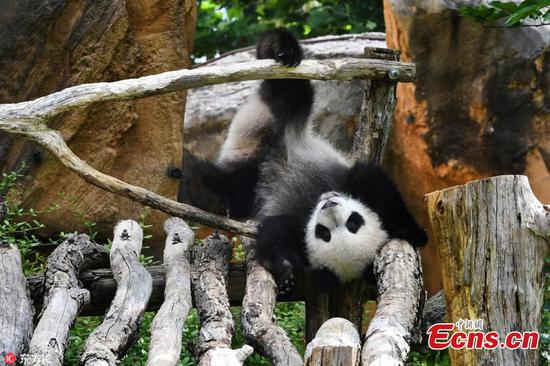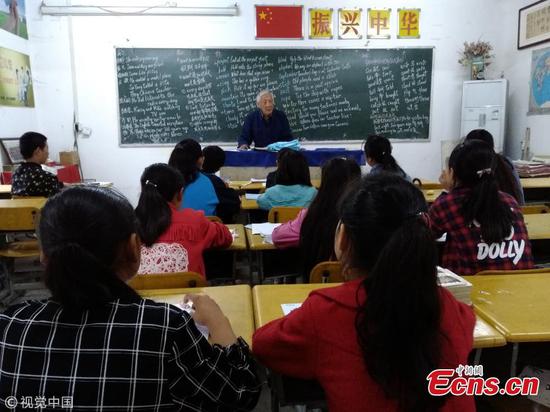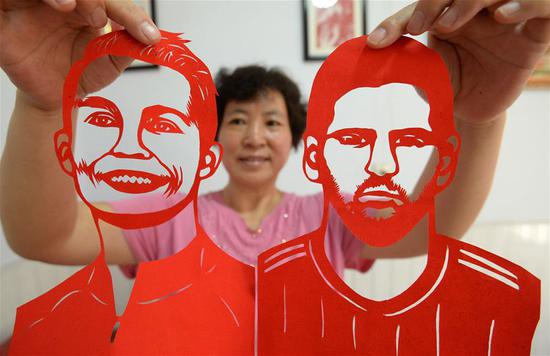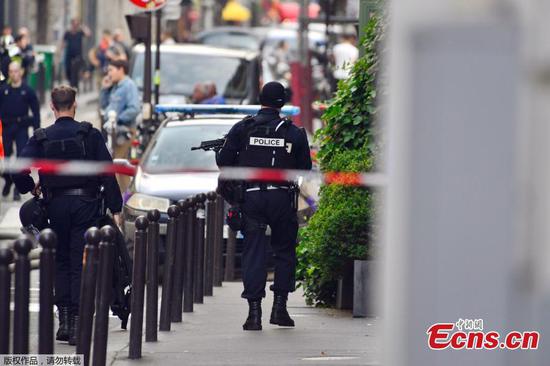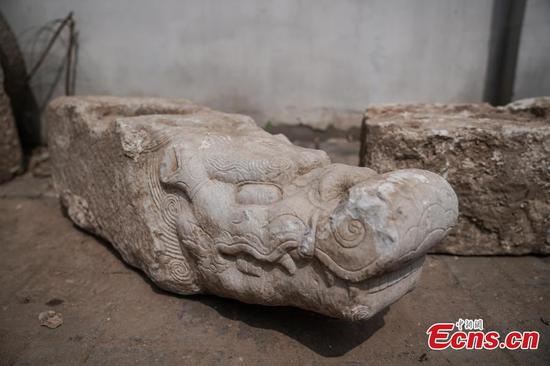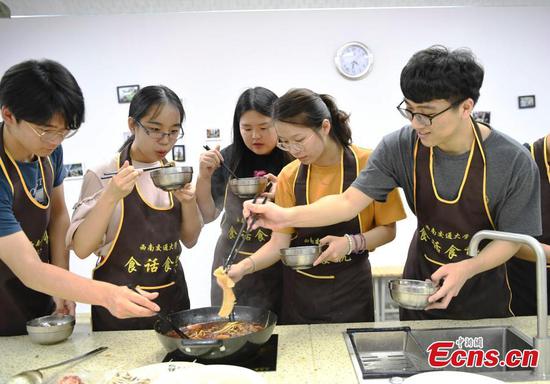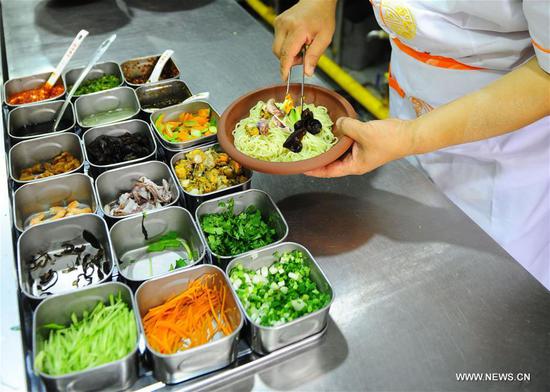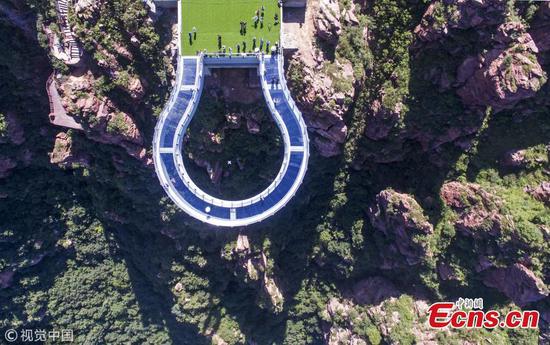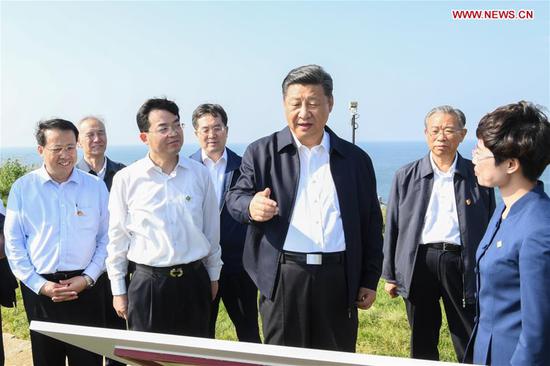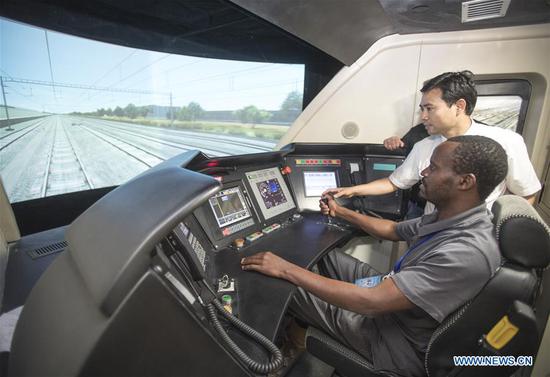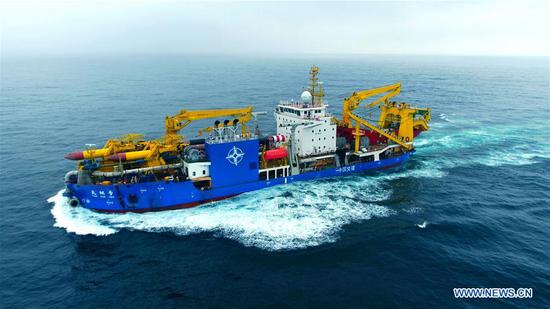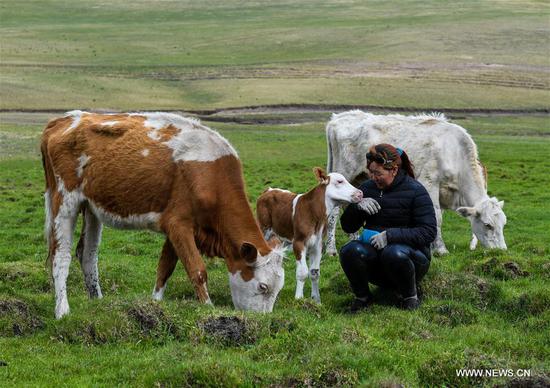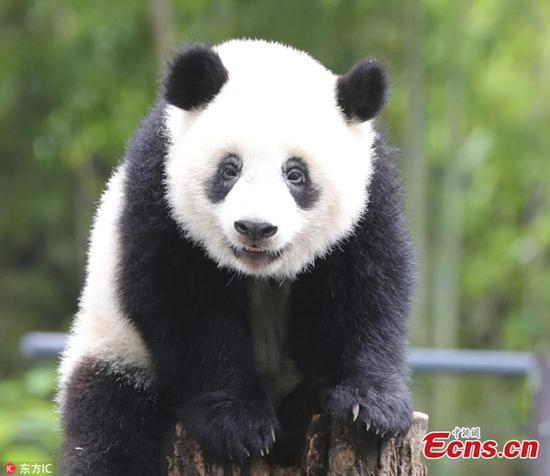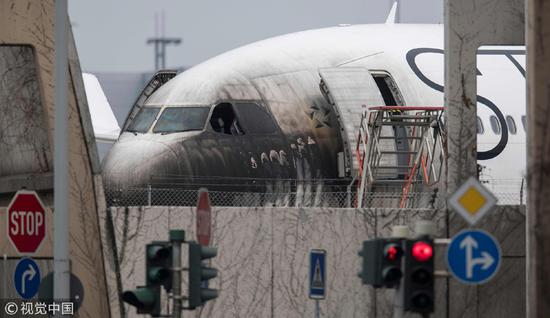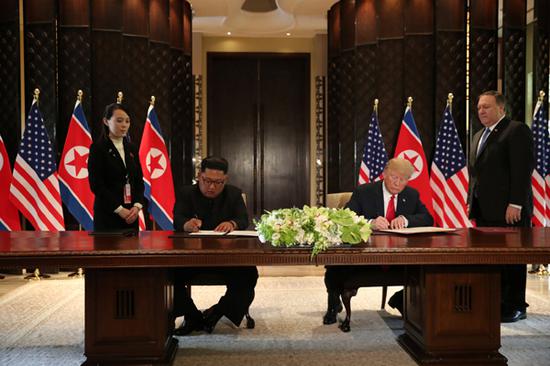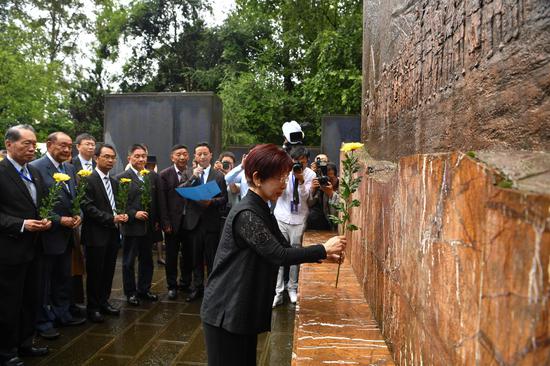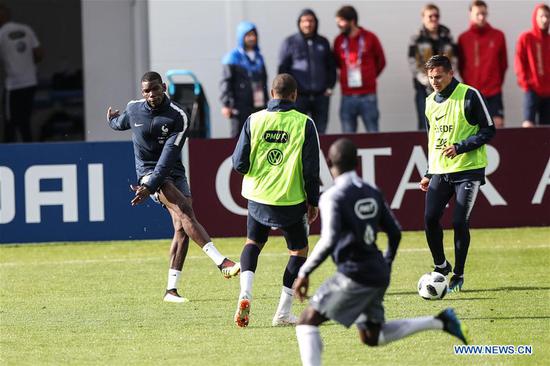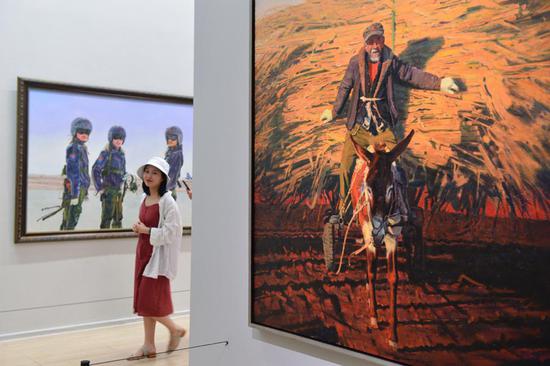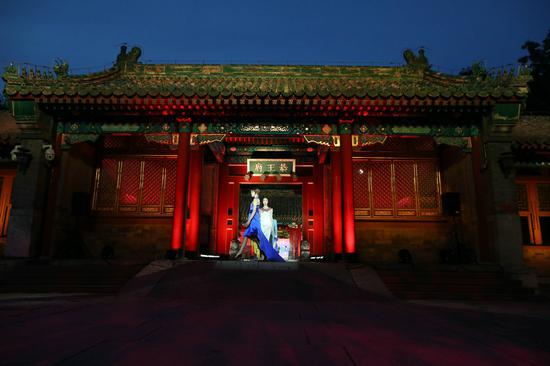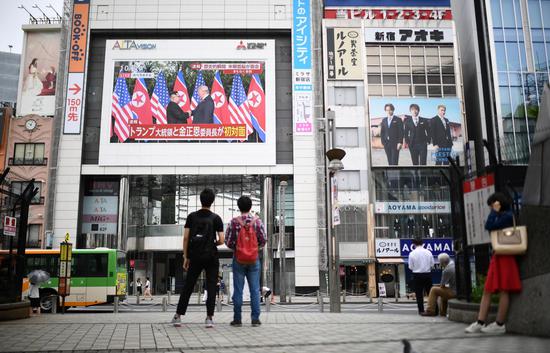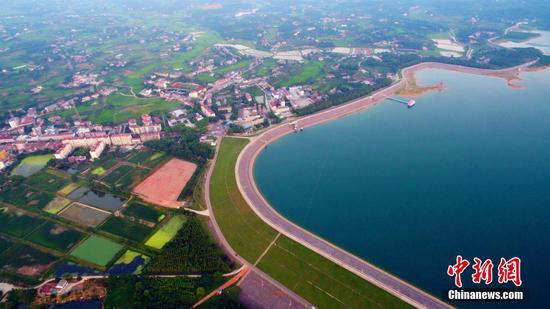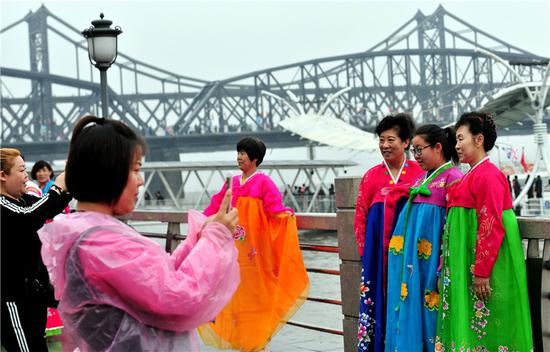China will enact a large number of incentives to further boost imports in order to drive domestic industrial upgrading and better meet the increasingly diversified consumption demands of people, the State Council decided at an executive meeting chaired by Premier Li Keqiang on Wednesday.
Incentives to boost imports were decided on at the meeting. More support will be given to importing daily consumer goods, medicine and nursing and rehabilitation facilities to meet higher consumer demand and improve quality.
The government will also cut import taxes on particular goods and reduce institutional procedures and unreasonable price increases so consumers will benefit from the import duty cuts.
"Expanding imports is crucial for upholding free trade. Priority should be given to meeting the needs of everyday life and boosting the trade in services," Li said at the meeting.
"Our deficit in services trade may be turned into a catalyst for the upgrading of the services sector," Li added.
Trade in emerging services will be boosted, and imports of producer services covering research and design, trade logistics, consulting, energy conservation and environmental protection will be encouraged, the State Council decided.
Policies on duty-free shops will be made more flexible with more duty-free products introduced and shopping experiences improved.
Imports of advanced technologies needed for domestic industrial upgrading will be supported.
Officials at the meeting also called for optimizing customs clearance procedures and promoting authorized economic operator mutual recognition with other countries to better facilitate imports.
New approaches to imports were called for, and cross-border e-commerce will be further developed.
At the same time, a credit information system in foreign trade as well as enhanced intellectual property rights protection are needed so that foreign trade and foreign investment will complement each other.
"Our initiative of boosting imports demonstrates China's commitment to a new round of high-standard opening-up, to economic restructuring and to economic transformation and high-quality development," Li said.
The country reported sound growth in foreign trade for the first quarter this year with a 21.8 percent drop in the trade surplus, indicating a more balanced trade picture.
Total foreign trade volume expanded 9.4 percent in the first quarter from the same period last year, according to figures provided by the General Administration of Customs.











